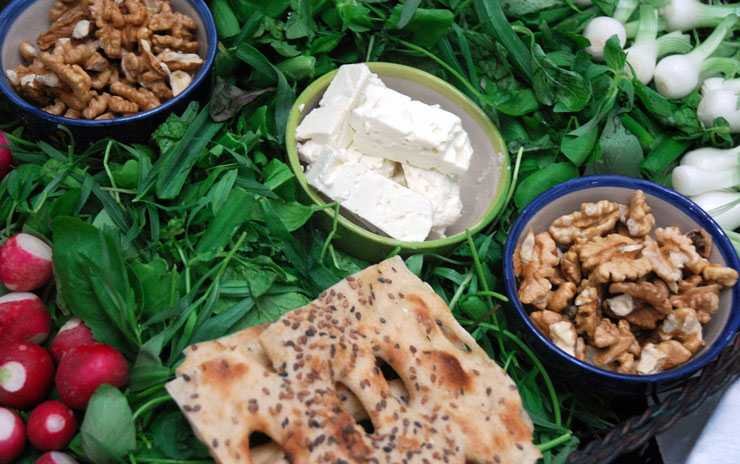Health tips for Ramadan
Part 5

Ramadan is the month in which God opens the doors of mercy, forgiveness and blessings upon Muslims.
The month of Ramadan which leads to the glorious and auspicious occasion of Eid al-Fitr holds a special place in Islam and among Muslims because Holy Quran was revealed upon Prophet Muhammad (PBUH) in this month.
The month is given great importance by Muslims, who, in each part of the world, welcome and observe this month with all the reverence, prestige and dedication it deserves. The mosques are filled with people, the recitation of Quran takes place and people become charitable. In this month Muslims make special preparations to ask for forgiveness from God and plead for His blessings and mercy.
In addition to the spiritual blessings of the month of Ramadan, fasting- for those who are capable of observing the demanding task physically- is of great benefits to the body.
The Iranian-Islamic traditional medicine is one of the best routes to have a better fasting experience considering long hot days of Ramadan.
Here are some tips to feel better during and after long fasting days.
Eat sour, full of water, cool foods
Eating food items which are sour, have cooling characteristics and are high in water content (with regard to one’s temperament) such as lemon, barberry syrup, pomegranate juice, and fresh tamarind are recommended during the month of Ramadan.
Breaking fast with lukewarm drinks
Instead of drinking cold water at the Iftar meal- which is pretty harmful to digestive system- it is better to break the fast with lukewarm water, weak tea, warm milk, or warm honey water (again with regard to one’s temperament).
Due to the fact that the stomach has been empty all day long it has shrunk in size and drinking or eating large quantities of food stuff might hurt the digestive system.
Eat bran bread, cheese, walnuts
To complete the Iftar meal after drinking lukewarm drinks one can eat some toasted bran bread, cheese, and walnuts or some vegetables.
Those who do not like to have cooked meals for Iftar can have some butter, bread and their favorite jam instead.
Seyed Mahdi Mirghazanfari, MD, holds a PhD degree in medical physiology and is an Iranian-Islamic traditional medicine researcher. He is also an assistant professor in AJA University of Medical Sciences, Tehran.
MQ/MG
